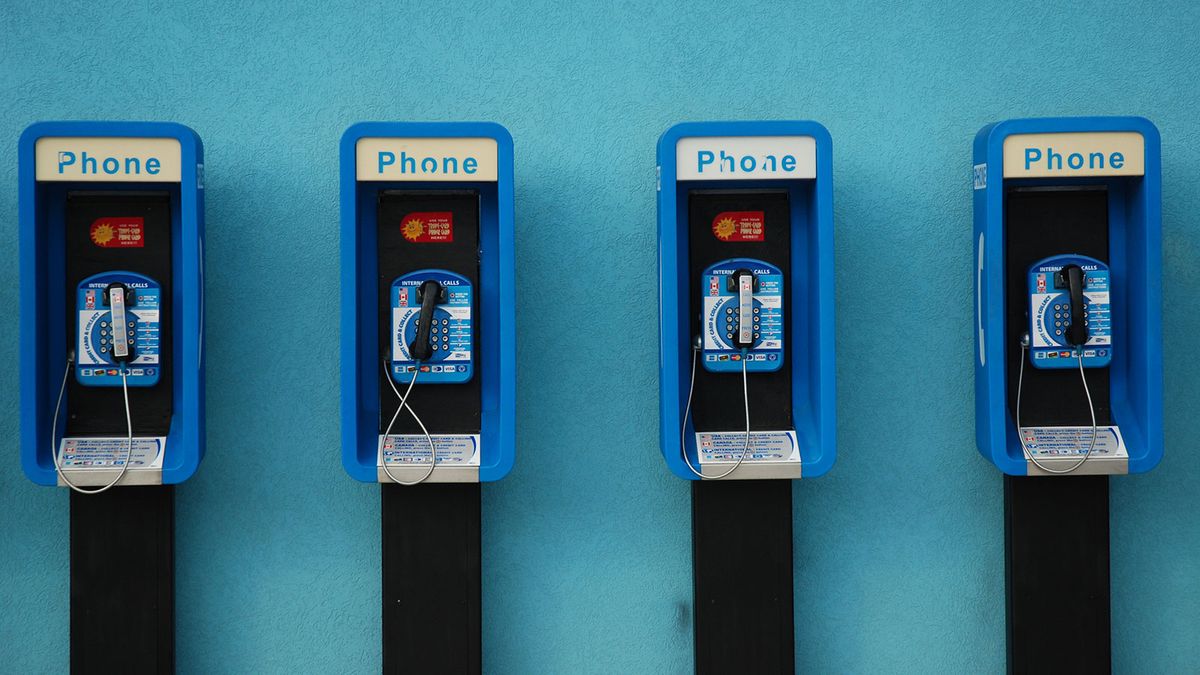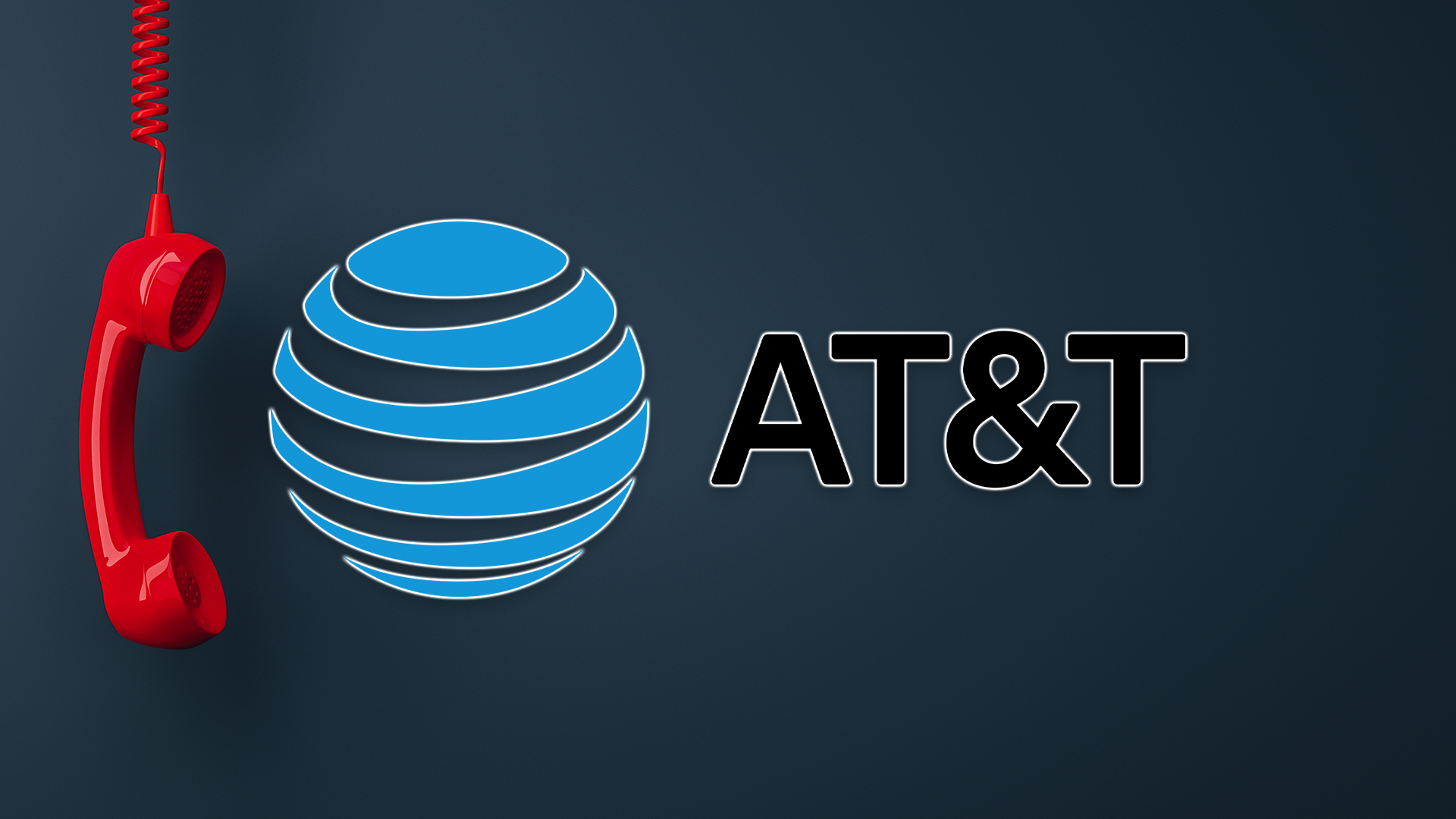
The slow death of the pay phone has been harder for some people than for others. Though the vast majority of Americans now own some kind of cell phone, there are still some — including impoverished or unhoused people — who depend on the availability of public pay phones.
In some cities, innovators are working to solve the problem. Futel is a project based in Portland, Oregon, that updates old pay phones to provide free calls and voicemail. It has eight outdoor, pay phone-style phones in Portland, plus one in Long Beach, Washington, and one each in Ypsilanti and Detroit, Michigan. “Denial of telephony services has long been a tactic used against undesirable populations,” write Futel’s founders, “and our devices will counteract that.”
In Philadelphia, an “amateur phone collective” called PhilTel is doing more than just preserving old pay phones: They’re installing new ones, minus the “pay” part. The project aims to create a network of phones that make free calls anywhere in North America.
PhilTel’s founder, Mike Dank, told The Washington Post he’s always had a thing for pay phones. When he learned about Futel, he thought a similar initiative would find traction in Philadelphia. The first free phone was installed in December outside a bookstore near the city’s Chinatown neighborhood.






